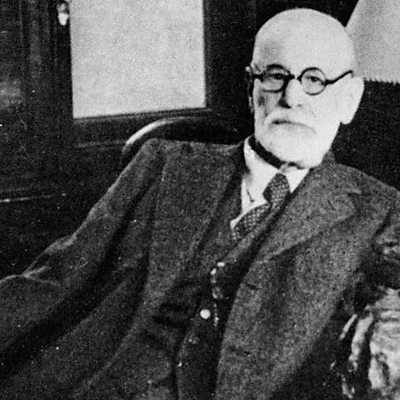

It was someone to talk to, to fight with, to reconcile with.

It’s not just the stardom and the money that being with her brought him. That’s not just sexual companionship or drinking together. With Elizabeth, however, there were years, he said, when he missed her even when she went to the bathroom. That began with himself but he was generous and eloquent in pouring it over others. But Taylor was one of those inclined to fall in love with every man she took to her bed, while Burton started off from a pit of contempt and misanthropy. But the diaries leave no doubt that he loved Taylor and cared for her better than he ever cared for anyone else, especially himself.įor some years, despite the racket and frenzy of being a headliner in the media (their affair and marriage was a turning point in the degradation of the press, deserving of Kate Middleton’s attention), they were such lovers that I doubt divorce, re-marriage, and re-divorce, jewels, or absurd fuss, really got in the way. We may not share every choice, but those lists show he cared about and felt every prediction of doom out of Britain that he had forsaken Shakespeare, the Old Vic, and draft beer for Hollywood and Switzerland, and given up a devoted Welsh wife, Sybil, the mother of his children, the embodiment of the mining communities from which he came, for Liz, Taylor, Herself. He understood the deal: he agonized over it for a year and let it fuel self-loathing.

For himself, he was proud of Becket, Woolf, The Spy Who Came in from the Cold, Shrew, Boom, The Night of the Iguana, Faustus, and Staircase. For herself, she was pleased with National Velvet, A Place in the Sun, Cat on a Hot Tin Roof, BUtterfield 8, Suddenly Last Summer, Who’s Afraid of Virginia Woolf?, Boom, Secret Ceremony, The Taming of the Shrew, and Doctor Faustus (“for her eyes and her breasts alone,” Burton added). In fourteen years under contract, he had enjoyed only Alexander the Great and Look Back in Anger.īut on July 26, 1969 (a week before all the loathing), he and Elizabeth did a bit of score-keeping.

Yet he could also rejoice in the way “Burton-and-Taylor” had become their own film studio, able to do whatever they liked. I loathe it, hate it, despise, despise, for Christ’s sake, it.” That was the year he made Anne of the Thousand Days, on which he at least flirted with Geneviève Bujold, and the year in which Where Eagles Dare (an adventure film that has many enthusiasts) earned him around $7 million. I shudder at the thought of going to work with the same horror as a bank-clerk must loathe that stinking tube-journey every morning and the rush-hour madness at night. This is August 4, 1969: “I loathe loathe loathe acting. So what sort of actor was he? On the one hand, he was tormented by the job.


 0 kommentar(er)
0 kommentar(er)
